Ethnic inequalities and homelessness in the UK
Outline of the study
This research examines ethnic inequalities in homelessness across the UK, including homelessness prevalence across ethnic groups and identifies potential interventions to reduce these disparities. The study reveals stark, regionally-specific ethnic inequalities in homelessness and argues that race equality approaches need to be embedded within homelessness programmes to address systemic disadvantages and improve outcomes for ethnic minority communities.
Findings in Brief
- Ethnic minority groups are significantly over-represented among people experiencing homelessness in the UK. Over-representation for Black people is particularly marked in South West, Yorkshire and Humber, North West and South East England
- Three main drivers explain inequalities around homelessness for ethnic minority groups: migration history and integration challenges; racism and discrimination within services and wider society; and cumulative, intersecting disadvantages
- Underlying ethnic inequalities drive homelessness disparities: Pakistani households have 40% poverty rates, Bangladeshi 32%, and Black African 27%, compared to 14% for White British households
- In England, 75% of statutory homeless people are White, 11% Black, 7% Asian, 4% mixed ethnic groups, and 4% other ethnicities. However, when UK population proportions are considered, all ethnic minority groups except Asian populations are over-represented within statutory homelessness figures across all English regions
- There are significant regional variations: people of mixed ethnicity are particularly over-represented in London, East and West Midlands; in Scotland, Caribbean people experience homelessness at twice the expected rate for their population size and Other ethnic groups (including Arab, Roma, and Gypsy Traveller populations) at four times the expected rate
- All ethnic minority groups are more likely than White British people to experience housing disadvantage, with Bangladeshi, Black African, Black Other and Pakistani groups more than twice as likely to experience overcrowding, lack of central heating, or shared facilities
- A critical evidence gap exists regarding the impact of racism on risk and experience of homelessness in the UK.
Recommendations in brief
- Integrate race equality approaches into national and local homelessness programmes and systemically monitor homelessness within ethnic minority groups
- Gather more detailed data relating to homelessness and ethnicity, including within large-scale national surveys, and monitor differential experiences and outcomes amongst ethnic minority groups.
- Develop targeted interventions for individual ethnic communities through co-production approaches, with ‘Community Coalitions’, multilingual service provision, Racial Equality Toolkits for practitioners, and regular anti-racist practice training
- Address systemic inequalities through tackling poverty and underlying disadvantage, focusing on housing provision inequalities, building culturally competent services, understanding and addressing the specific mental health needs of ethnic minority groups
- Conduct robust evaluations of targeted interventions for ethnic minority groups experiencing homelessness, to fill the current evidence gap in UK research.



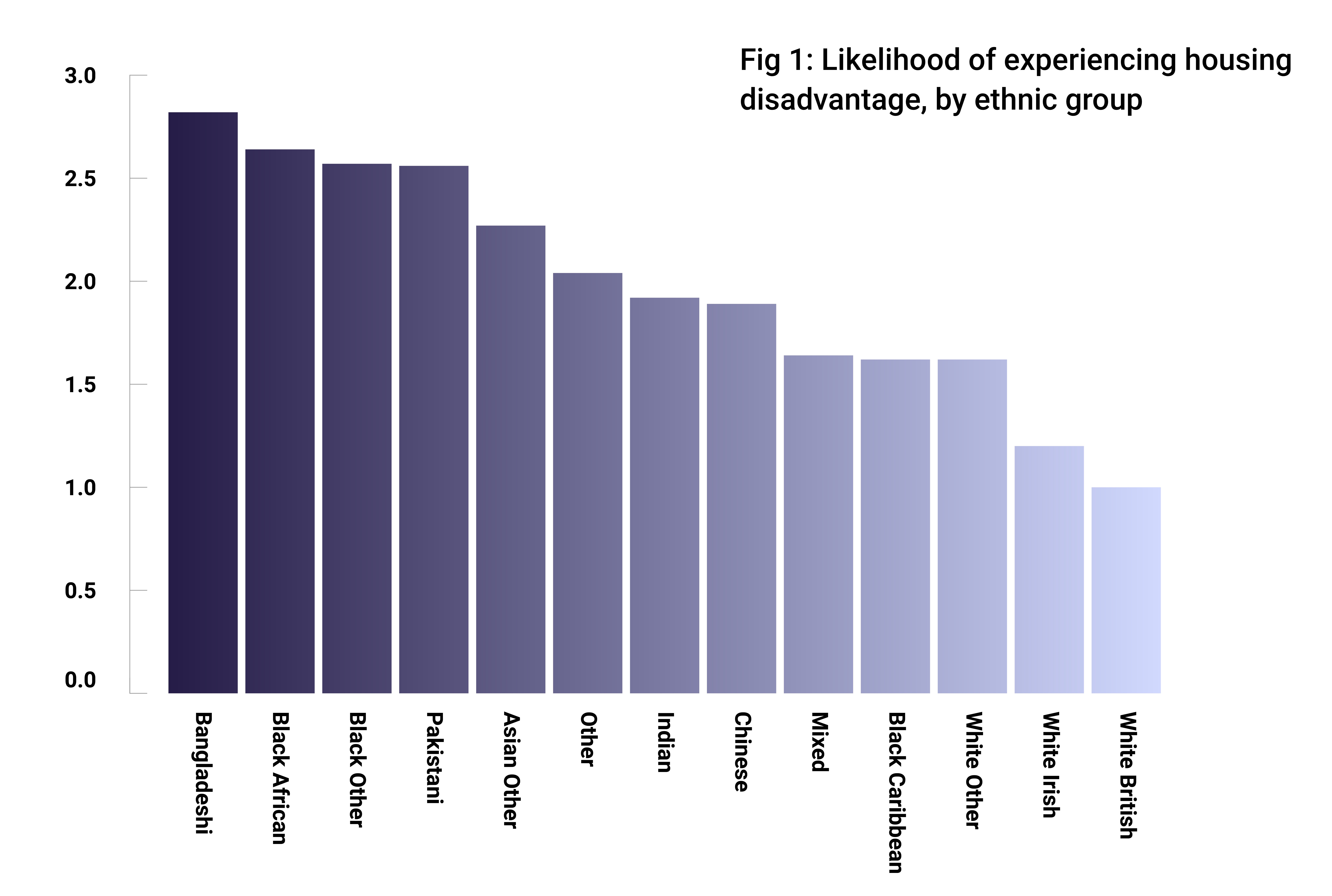

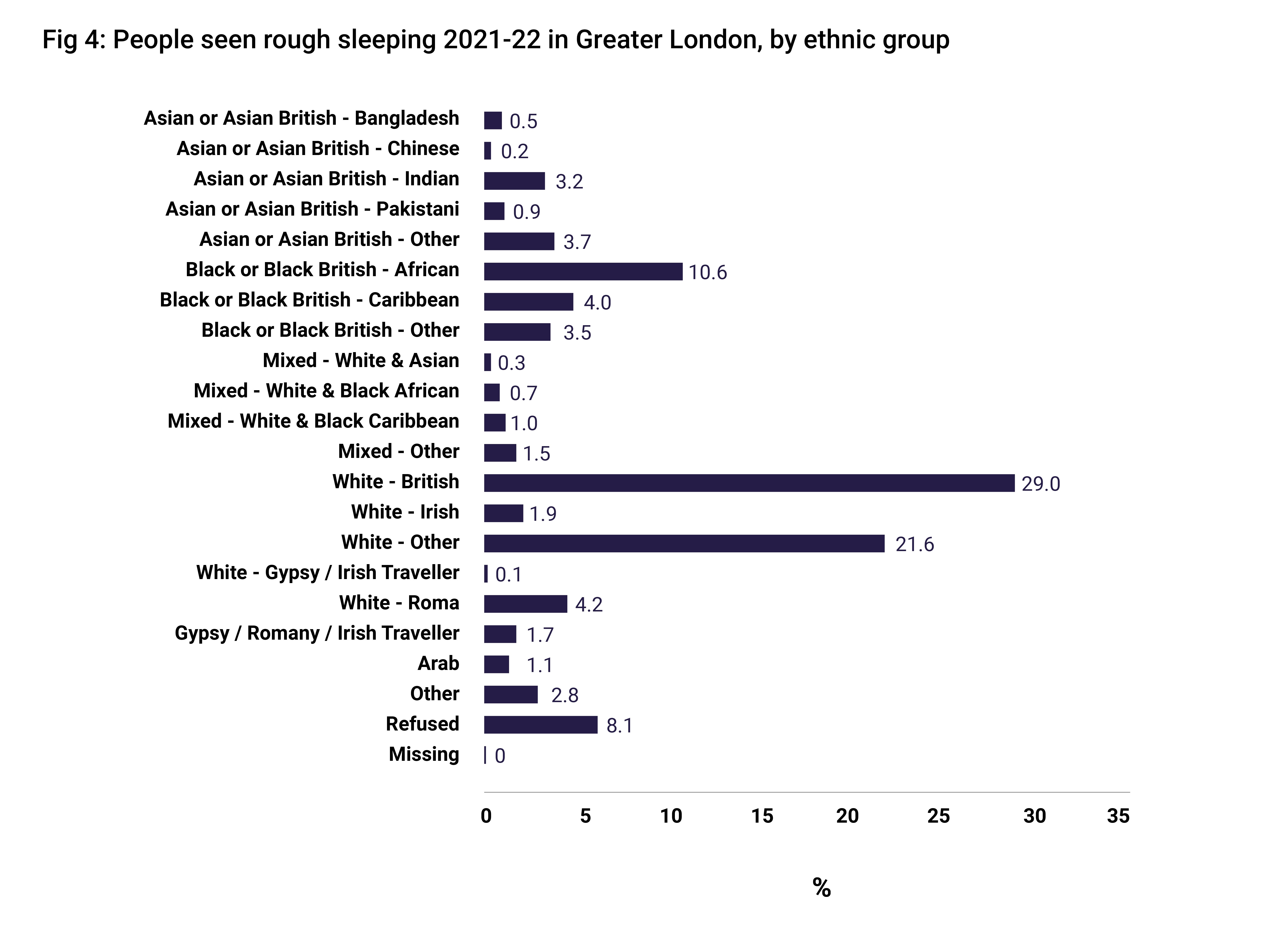
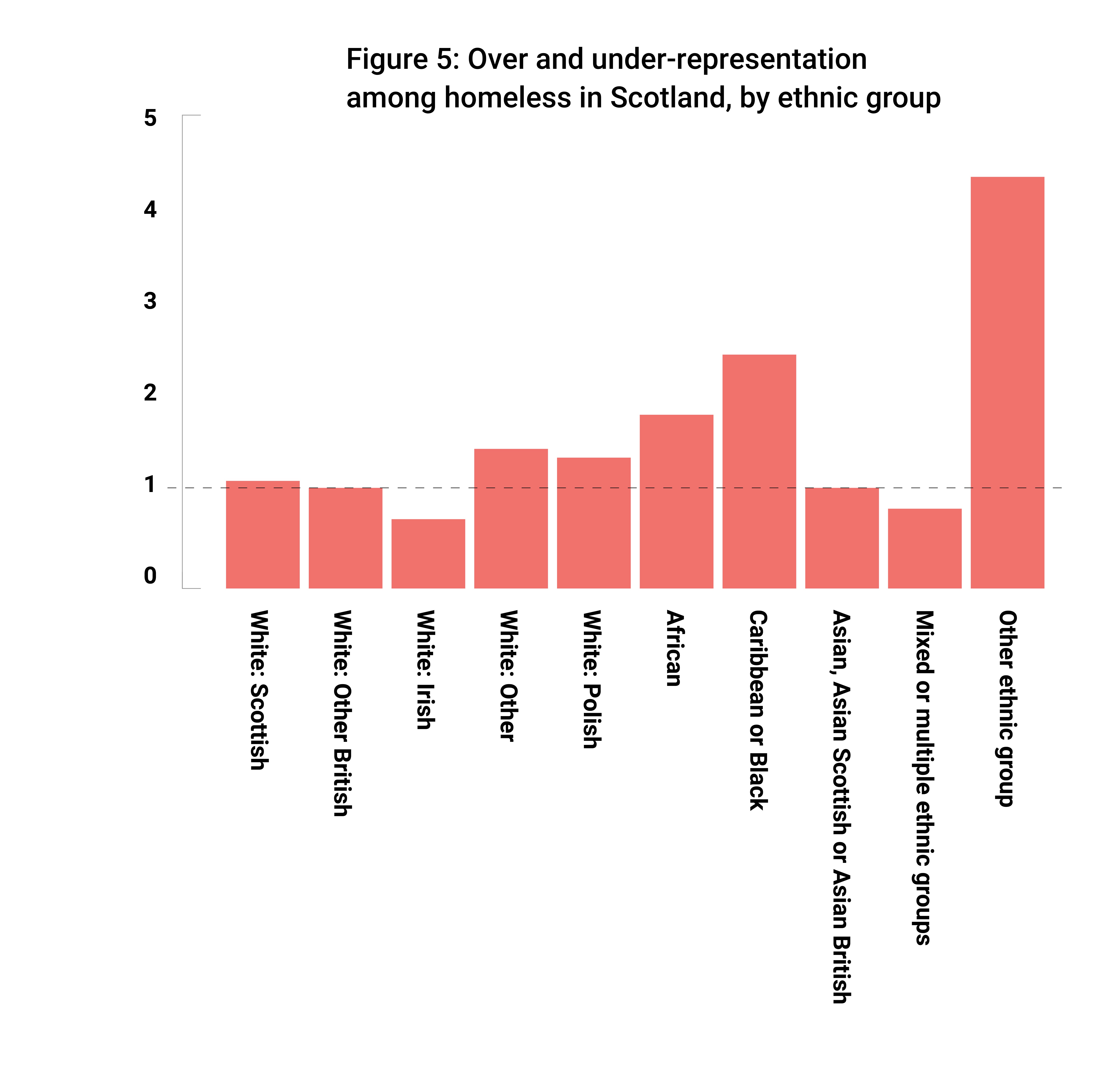
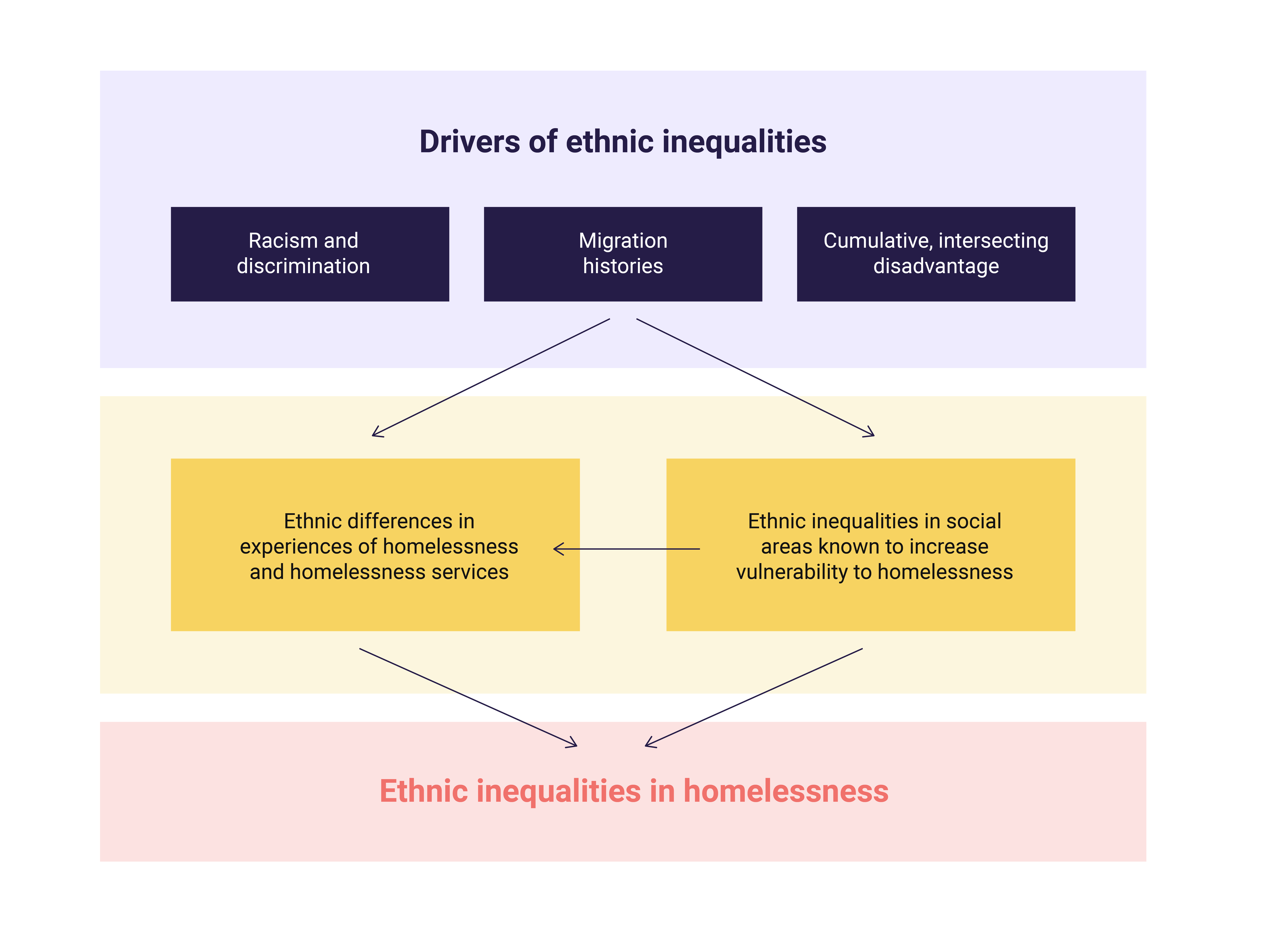
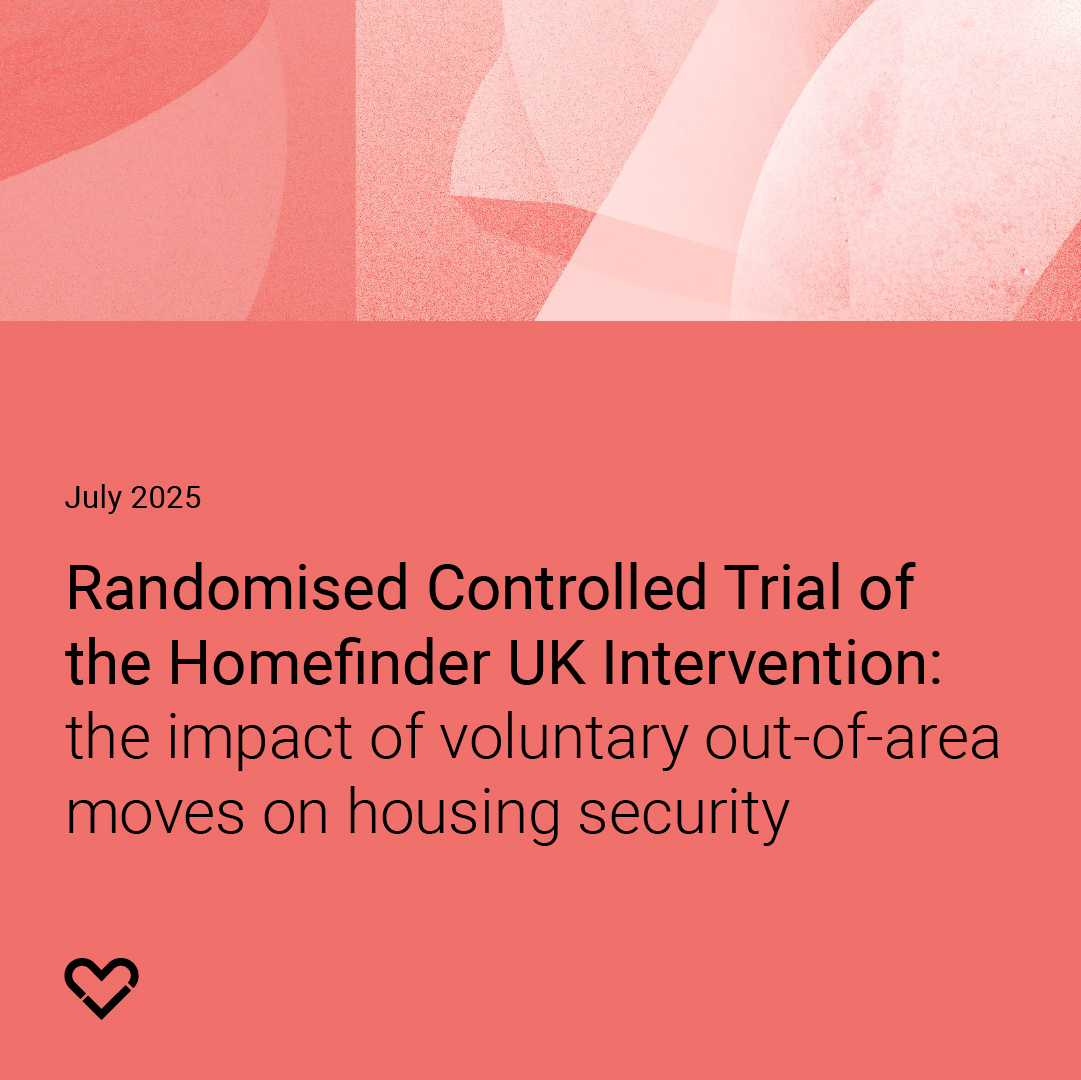
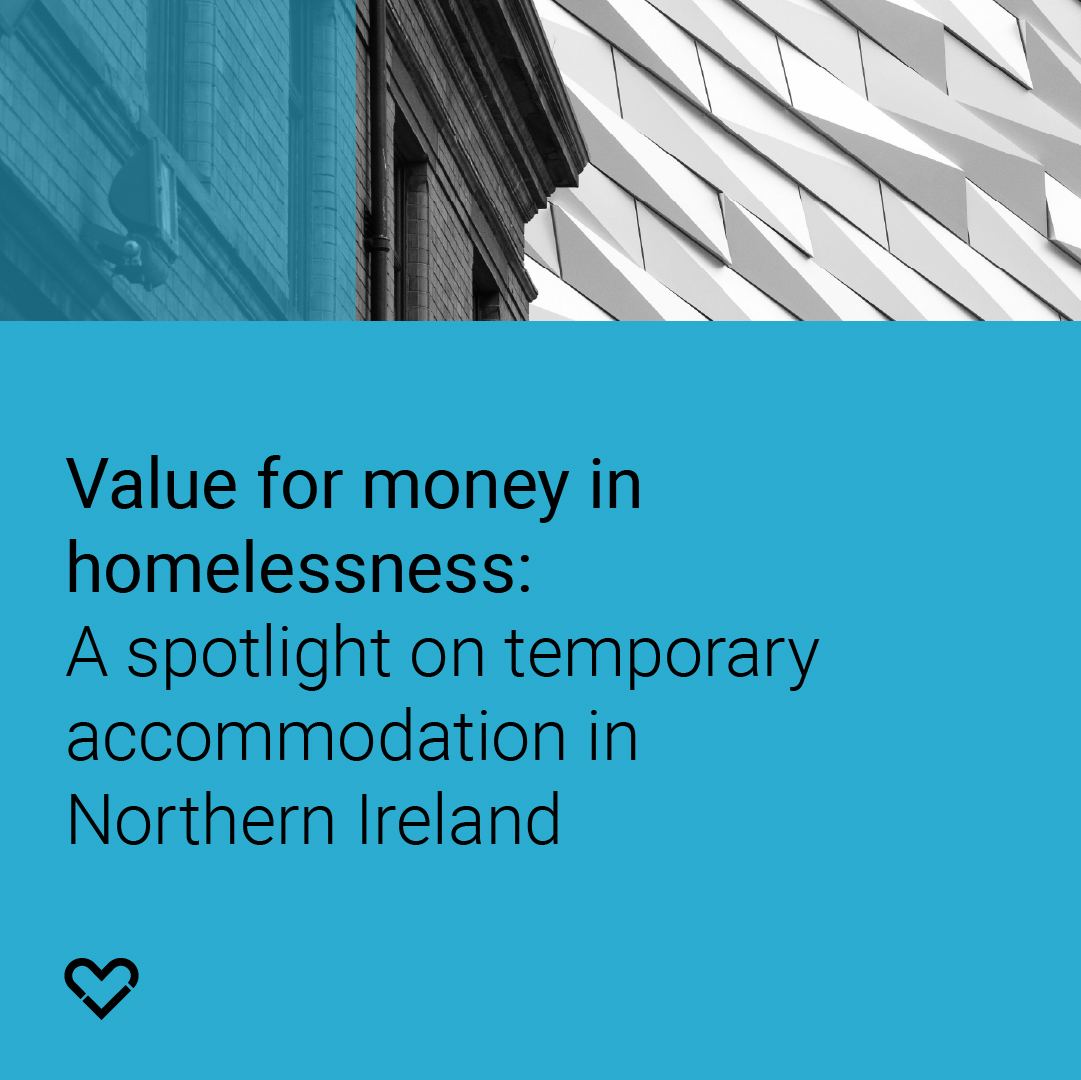
.jpg)

